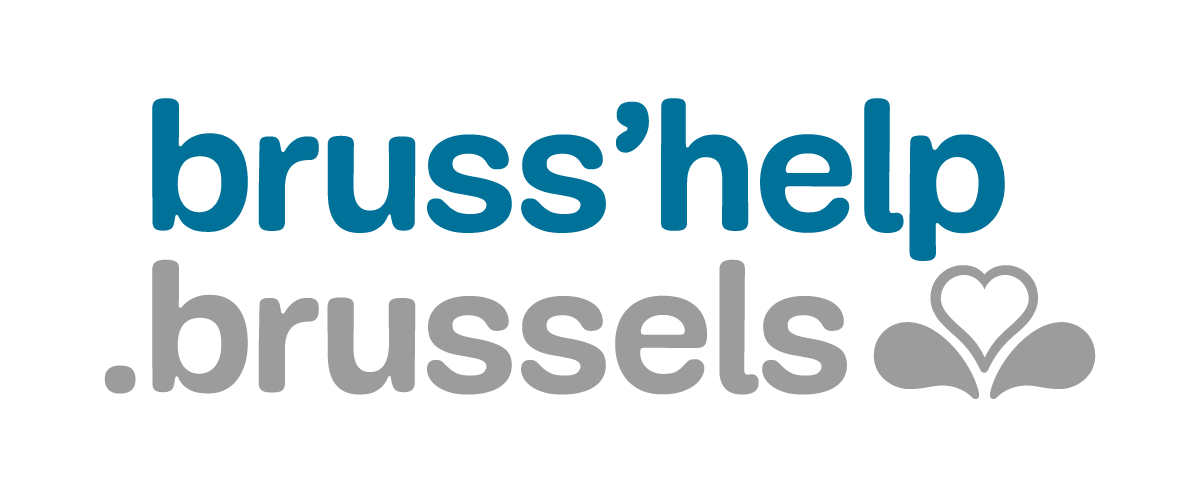Le portail Masterplan a été conçu pour offrir une vue d’ensemble claire, actualisée et accessible de l’état d’avancement des mesures inscrites dans le Masterplan régional pour la lutte contre le sans-abrisme à Bruxelles.
Ce portail ne permet pas l’encodage direct des données. Il s’agit d’un outil de publication interne, alimenté via un fichier centralisé (Excel ou MS List), et destiné à rendre lisible le suivi opérationnel des mesures par numéro, thématique et statut d’avancement.
🎯 Objectifs du portail :
-
Centraliser en ligne les données de suivi des mesures du Masterplan, tout en conservant l'encodage dans les outils internes existants ;
-
Offrir une lecture transversale des mesures : par numéro, par statut, par pilier stratégique ou par opérateur ;
-
Assurer la transparence du pilotage, en affichant les avancées, blocages ou échéances importantes ;
-
Mettre à disposition des fiches synthétiques par mesure, incluant objectifs, calendrier, responsable et état d’avancement.
📌 Ce portail s’adresse aux équipes internes de coordination, ainsi qu’aux acteurs concernés par le déploiement des mesures du Masterplan.
Une version publique pourrait être envisagée ultérieurement.
Pour toute question ou pour signaler une correction, vous pouvez contacter l’équipe en charge du suivi du Masterplan à Dit e-mailadres wordt beveiligd tegen spambots. JavaScript dient ingeschakeld te zijn om het te bekijken..



